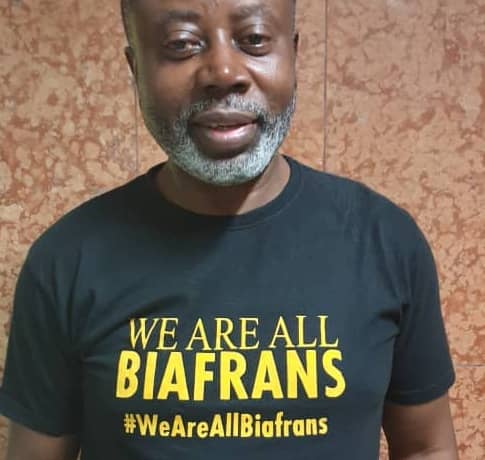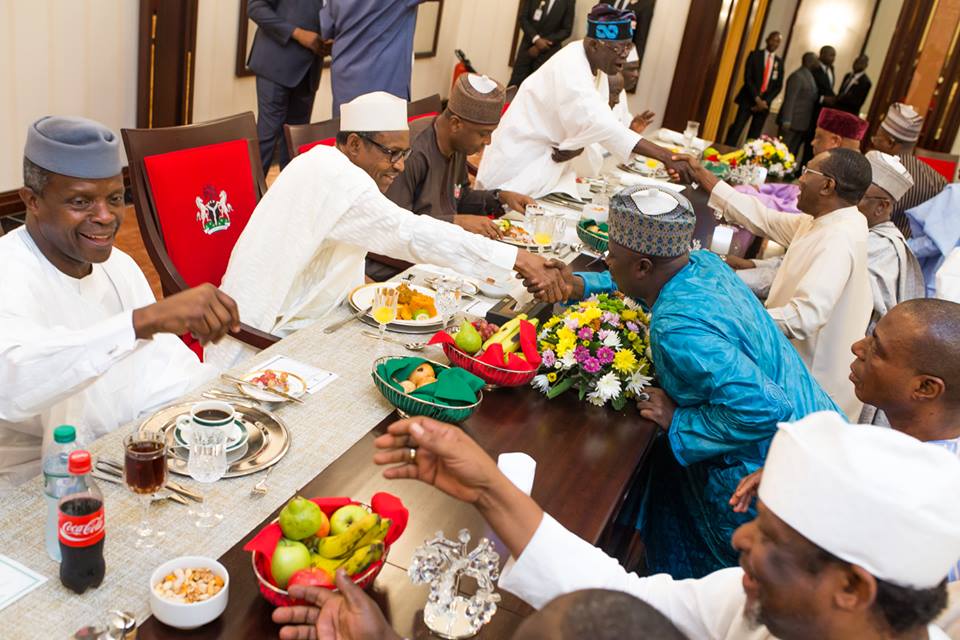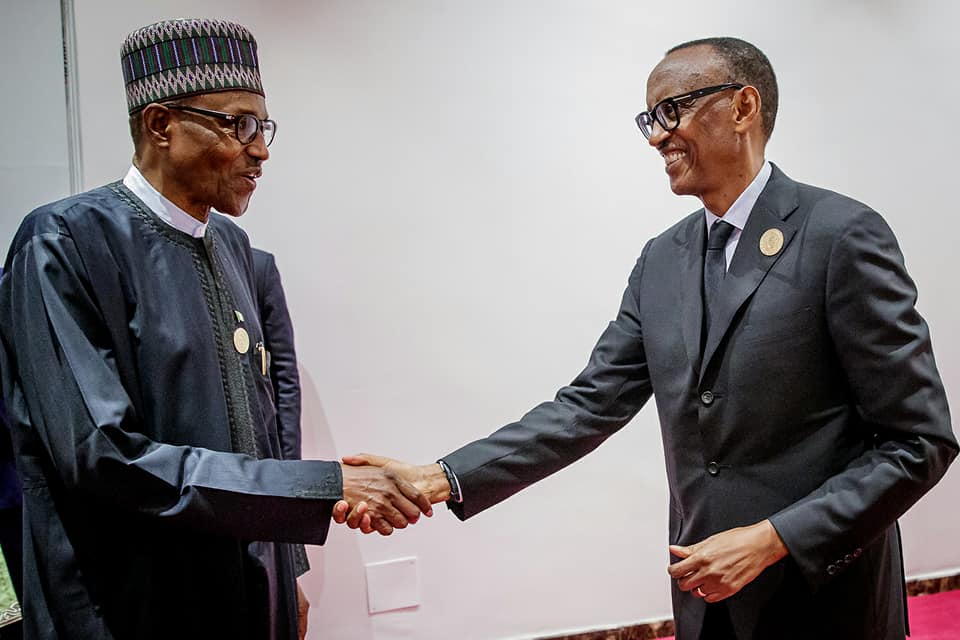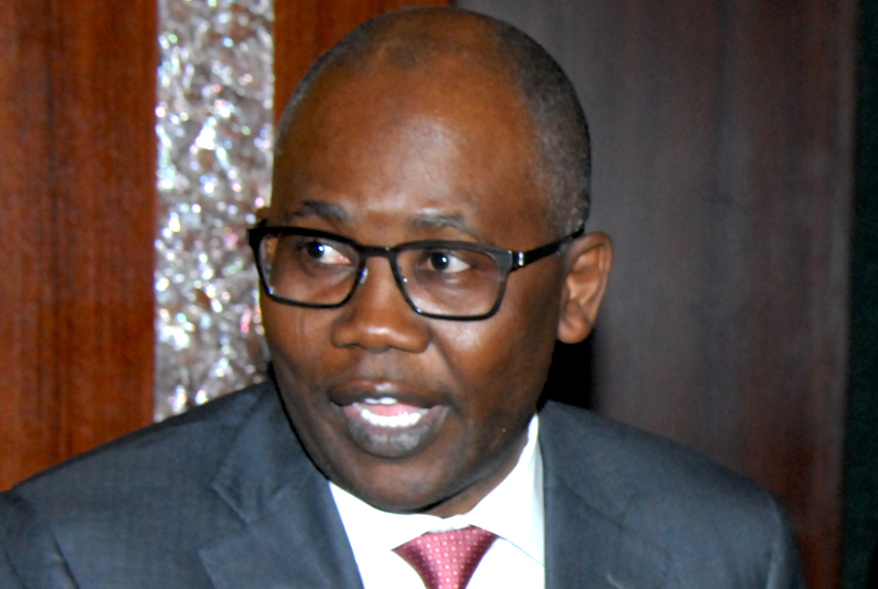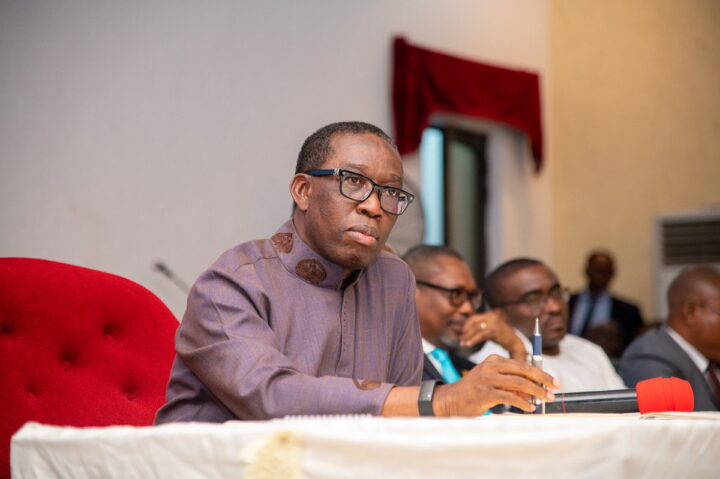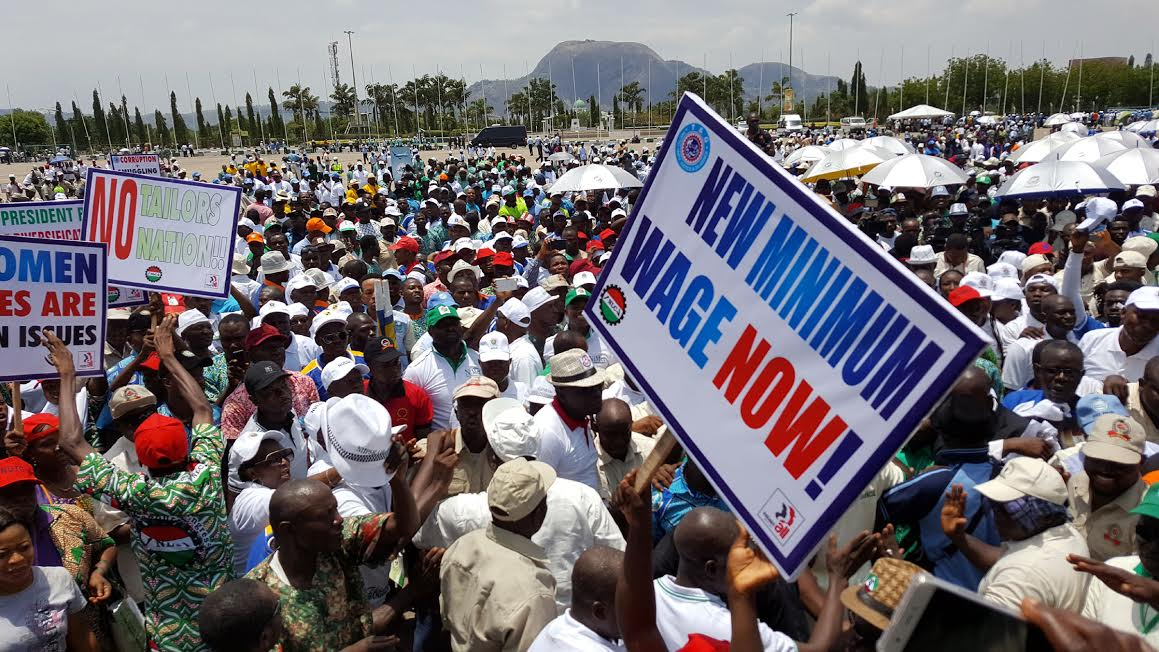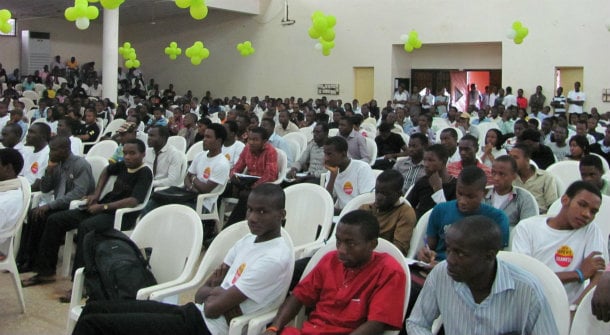As Nigerians congratulated themselves over the country’s 59th Independence anniversary on Tuesday, questions ran through my mind as to whether ours can indeed be said to be a country. And if not, whether it has made any progress in attaining that status or remained a mere geographic expression as Chief Obafemi Awolowo noted in his 1947 book, Path to Nigeria Freedom.
As a student of Law at the University of London between 1944 and 1946, Awolowo gave a lot of thought to the Nigerian question. So, shortly after his call to the Bar in 1946, he released this ground-breaking book that speaks until today. Hear him: “If rapid political progress is to be made in Nigeria, it is high time we were realistic in tackling its constitutional problems. Nigeria is not a nation. It is a mere geographical expression. There are no Nigerians in the same sense as there are English, Welsh or French.” So, the question is this: 72 years after Awolowo made this observation and 59 years after the attainment of political independence, can we truly say that a Nigeria exists in the way some other nationals speak about their country? The answer to my mind, is, unfortunately, no and I will explain.
Arriving from Spain, where he just celebrated the gain of his doctorate, Dr Chido Onumah was held by men of the Department of State Services at the Nnamdi Azikwe International Airport, Abuja last Monday.
The news of his arrest which was initially sketchy was as troubling as it was baffling. An intellectual, writer and rights activist of note, Onumah is not one of those fire-spitting compatriots whose interventions naturally invoke resentments for Nigerian leaders. The coordinator of the African Centre for Media & Information Literacy inspires valid conversations about the national question through his writings, none of which poses any threat to national security. The picture however got clearer soon after.
Onumah’s latest book has the curious title of “We are all Biafrians.” And it happened that on this fateful Monday, the author had a T-shirt bearing the title of his book and this drew the attention of the intelligence officers at the airport. Spokesman for the DSS, Peter Afunanya, told the nation this and more in a statement on Tuesday.
In explaining the problem with Onumah’s T-shirt, Afunanya said: “On his arrival at the Nnamdi Azikiwe International Airport, Abuja, on September 29, 2019, it was discovered that Onumah wore a T-shirt with WE ARE ALL BIAFRANS inscription on it. With credible intelligence that he might be a subject of mob attack if allowed to go into town in (the) same cloth, the Service invited him and drew his attention to the implications of his probable (un)intended action. It was strongly believed that an attack on Onumah would have sparked ethno-religious reprisals with dire consequences for law and order and public safety in the country.” So, how does the choice of a piece of clothing, which promotes a book that ultimately speaks for the unity of Nigeria, become such a potential weapon of destructive tendencies?
Advertisement
There could be a temptation to justify Onumah’s harassment by the DSS as an indication of the agency’s proactive disposition to the management of national security, but this would be an impeachable argument given that this is a three-year-old book that the DSS should indeed know about. However, the effectiveness or otherwise of the intelligence agency is not in issue currently. On the contrary, this intervention is how much Monday’s questioning of the even-tempered detribalised Nigerian speaks to the fault lines that deny Nigeria the right to be called a country truly ready to take on the world.
The first question the DSS posed to Onumah was why he had a Nigeria passport even though he was a Biafran! Now, the DSS did not start by asking if he was a believer in the ideals of Biafra, it had concluded that the man sitting before them was indeed a secessionist even though he carried a Nigerian passport!
But this was indeed a rather curious and mischievous question because as Onumah reportedly told his interrogators, there is indeed no country known as Biafra now. What exists is an idea, which hit the country over four decades back, sent it to war for 30 months, left about two million people dead and has remained in the national psyche such that generations not contemplated when the war raged have caught its spirit.
Advertisement
What the DSS did on Monday was to validate the sense of disunity that permeates Nigeria, and which makes it impossible for the country to prosper regardless of how much resources it has or wealth that it generates.
Fifty-nine years after independence, Nigeria’s three major ethnic groups, Yoruba, Igbo and Hausa, are still distrustful of one another and literarily at one another’s throats. As a result, it is impossible to identify anything that Nigerians agree on! While every modern society can only thrive on the observance of the rule of law for instance, a Nigerian’s definition of the rule of law is subjective, largely depending on the language you speak and your other affiliations. So, what is corruption in Nigeria and how permissive it is depends on whether you are Yoruba, Igbo or Hausa and now Fulani. Nigerians are ready to overlook the atrocities of people from their ethnic and religious group while they clamour for the execution of people of other parts of the country without trial. Such dishonesty and lack of a unifying ethos reign in national psychology even now!
A clear example of this shame emerged a couple of weeks back when Nigerians started to tear themselves apart over allegations by the United States of America’s Federal Bureau of Investigations that a preponderance of a group of people fingered in some Internet fraud cases were Nigerians. Before long, Nigerians were able to identify what ethnic group had the largest number of people on that list and while at it, the other group dug up their own dirt and Nigeria immediately became a battleground over which group had more criminal tendencies. While tearing one another apart on an ethnic basis however, the rest of the world is taking on the world and innovating to make living better for themselves and for humanity at large.
It is gratifying though that President Muhammadu Buhari, who has been variously accused of accentuating the divisive sentiment, seems to also be conscious of the importance of having the various segments of Nigeria unite behind him in the years ahead.
That was the sense he gave in the speech he delivered on the morning of the country’s 59th anniversary. In the words of the President: “Fellow Nigerians, let me reiterate my call for unity across our dear nation. Nigeria will emerge from our present challenges stronger and more resilient than ever. But only if all of us join hands to entrench good governance, foster iinclusive economic development, and defend and protect our nation from all those who would wish us ill.”
Advertisement
May the President find the courage to lead Nigeria into this new era that he preaches. Everyone talks about the potential of Nigeria for greatness and it is indeed one that is evident to all. Of every potential within Nigeria’s grasp however, none is as important as its people and until the people feel and live with a sense of universal affection for themselves and their homeland, Nigeria will remain a potentially great country that has failed to attain.
Twitter@ niranadedokun
Views expressed by contributors are strictly personal and not of TheCable.
Add a comment

